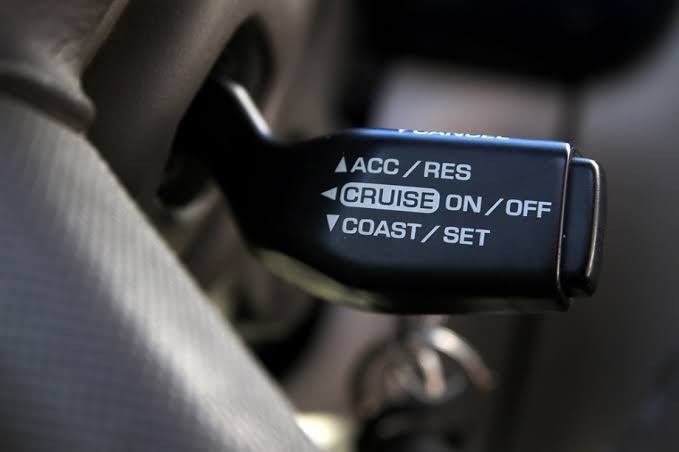Cruise control is a valuable feature in vehicles, offering several advantages while requiring careful consideration and responsible usage. Here's a comprehensive overview of cruise control, including its benefits, limitations, and safety precautions:
Advantages of cruise control:
1. Speed maintenance: Cruise control eliminates the need for constant acceleration adjustments, helping drivers maintain a consistent speed effortlessly.
2. Reduced fatigue: Long journeys become less tiring as drivers can relax their legs and focus on the road without constantly modulating the accelerator.
3. Fuel efficiency: By maintaining a steady speed, cruise control contributes to improved fuel efficiency, particularly during extended highway travel.
4. Speed limit compliance: With a set speed, cruise control helps drivers avoid unintentional speeding, promoting adherence to speed limits and reducing the risk of traffic violations.
5. Enhanced driving comfort: The ability to maintain a steady pace creates a smoother and more relaxed driving experience, especially during long stretches.
Considerations and disadvantages of cruise control:
1. Limited usability: Cruise control is not suitable for congested traffic, winding roads, or areas with unpredictable driving conditions that require frequent speed adjustments.
2. Reduced situational awareness: Overreliance on cruise control can lead to decreased attentiveness and awareness of the road, potentially hindering the driver's response to sudden changes or hazards.
3. Delayed reaction time: Disengaging cruise control to regain manual control may introduce a slight delay in response time, especially in unexpected situations.
4. Challenges with speed maintenance: Cruise control may struggle to maintain a consistent speed on uphill or downhill terrains, potentially resulting in minor speed variations.
5. Safety risks: Misuse or inappropriate usage of cruise control can pose safety hazards, as drivers may become complacent and unprepared to react to unforeseen events.
When to use cruise control:
- Long, open highway drives with minimal traffic provide an ideal environment for utilizing cruise control effectively.
- Straight and predictable road conditions facilitate maintaining a constant speed, making cruise control particularly useful.
- Drivers should ensure they are fully alert, attentive, and comfortable with their surroundings before engaging cruise control.
Safety precautions:
1. Maintain constant vigilance: Drivers must remain attentive to the road, maintain situational awareness, and be ready to override cruise control if necessary.
2. Adhere to traffic laws: Cruise control should never be used to exceed speed limits or violate any traffic regulations.
3. Stay prepared for unexpected situations: Always be prepared to disengage cruise control and take manual control of the vehicle when needed.
4. Adjust speed as needed: Drivers should manually adjust their speed in situations where cruise control may struggle, such as during inclines or declines.
5. Regularly check vehicle systems: Ensure that cruise control is functioning correctly by periodically inspecting and maintaining the vehicle's cruise control system.
Remember, cruise control is a valuable tool for enhancing driving comfort and fuel efficiency, but responsible usage, combined with an attentive and proactive approach, is crucial to ensure safety on the road.

Comments (0)
Please login to join the discussion
Be the first to comment on this article!
Share your thoughts and start the discussion